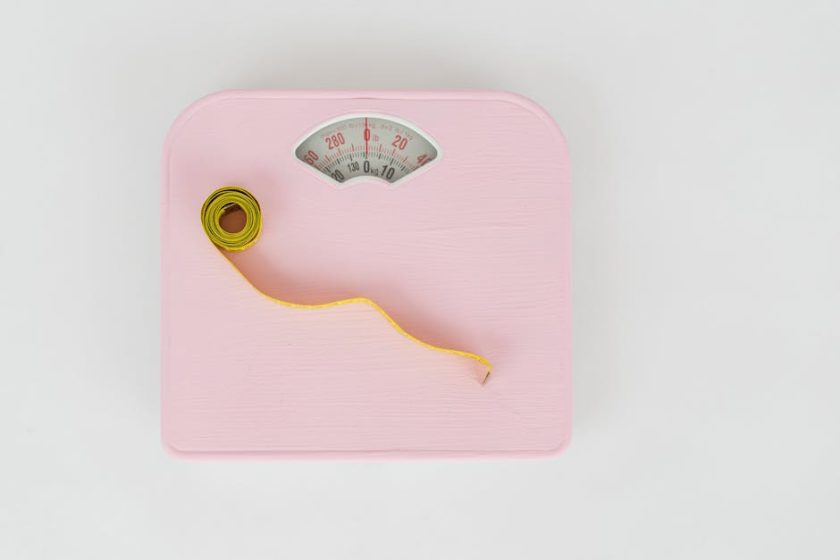Weight loss. It's a topic that's constantly buzzing, filled with fad diets, miracle pills, and promises of overnight transformations. But let's be real – sustainable weight loss isn't about quick fixes. It's about making gradual, healthy changes to your lifestyle that you can stick with for the long haul. This means focusing on nutrition, exercise, and overall well-being.
One of the most crucial aspects of weight loss is understanding your body's needs. This involves figuring out your Basal Metabolic Rate (BMR), which is the number of calories your body burns at rest. Once you know your BMR, you can start to tailor your calorie intake and exercise routine to create a calorie deficit, which is essential for shedding those extra pounds. There are plenty of online calculators and resources that can help you determine your BMR.
Nutrition plays a starring role in any weight loss journey. Focus on incorporating whole, unprocessed foods into your diet. Think fruits, vegetables, lean proteins, and whole grains. These foods are packed with nutrients and fiber, which will keep you feeling full and satisfied, preventing those pesky cravings for unhealthy snacks. Don't forget to drink plenty of water throughout the day too!
Exercise is another key component of weight loss. Find activities you enjoy and can stick with. This could be anything from brisk walking and cycling to dancing and swimming. Aim for at least 150 minutes of moderate-intensity or 75 minutes of vigorous-intensity aerobic activity per week, along with muscle-strengthening activities two or more days a week.
Remember, consistency is key. There will be days when you feel less motivated or slip up on your diet. Don't beat yourself up about it! Just get back on track as soon as you can. Weight loss is a journey, not a race, and it's okay to have setbacks along the way.
It's also important to be mindful of portion sizes. Even healthy foods can contribute to weight gain if you're eating too much of them. Pay attention to your body's hunger cues and stop eating when you feel satisfied, not stuffed. Using smaller plates and measuring your food can also be helpful.
Don't fall for fad diets or quick fixes. They're often unsustainable and can even be harmful to your health. Focus on making gradual, long-term changes to your lifestyle. This is the most effective and sustainable way to lose weight and keep it off.
Finally, remember to be patient with yourself. Weight loss takes time and effort. Celebrate your successes along the way and don't get discouraged if you don't see results immediately. Stay consistent, stay positive, and you'll eventually reach your goals.

